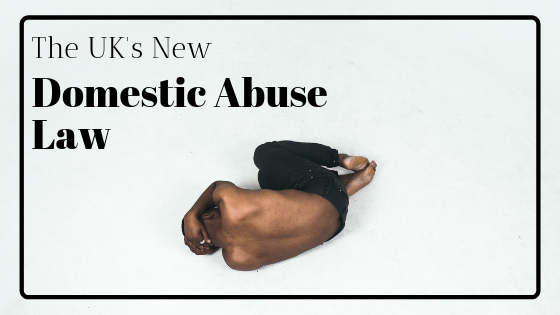A recent campaign inspired by the Domestic Abuse Act, which was passed by the Scottish Parliament in February 2018, defines psychological abusers as criminals. The law applies to any domestic relationship in which one partner seeks to control the behavior of the other partner. The Scottish government wants citizens to become more aware of the issue. Scottish police officers have already attended instructional classes to help them understand the new law.
The innovative part of the new law involves a fresh interpretation of psychological abuse. A person who prevents their partner from visiting friends and family members is guilty of violating the law. Another instance of abuse involves a domestic partner who manipulates the other person’s assets and financial accounts. Any type of violent behavior, whether physical or emotional, can cause the abuser to face criminal charges. Here are a few of the behavioral patterns constituting abusive crimes:
- Any violent physical or psychological act that threatens a domestic partner
- Any action causing a person to become dependent upon the abusive partner
- Preventing a partner from seeing or visiting their friends and relatives
- Restricting a partner’s physical activities
- Causing a partner to feel threatened or frightened
Criminal charges are escalated if a child witnesses any of the above actions or if the abuser victimizes a child. A court may impose a non-harassment order on an offender who has a previous conviction record based on abusive behavior. Accordingly, police officers are now allowed to prove physical or sexual abuse by providing evidence that the abuser is guilty of psychological actions prohibited by the Domestic Abuse Act.
According to Justice Secretary Humza Yousaf, any type of controlling behavior is viewed as an act of domestic abuse. The court views these psychological actions as criminal offenses. Yousaf says he is proud that Scotland is a harbinger of new laws geared toward understanding the detrimental effects domestic abuse can have on both children and adult domestic partners.
The Domestic Abuse Act warns physical and emotional abusers that physical abuse is not the only criterion for determining whether a person has committed a criminal act. Psychological persecution is now officially recognized as a form of abuse the law no longer tolerates.
